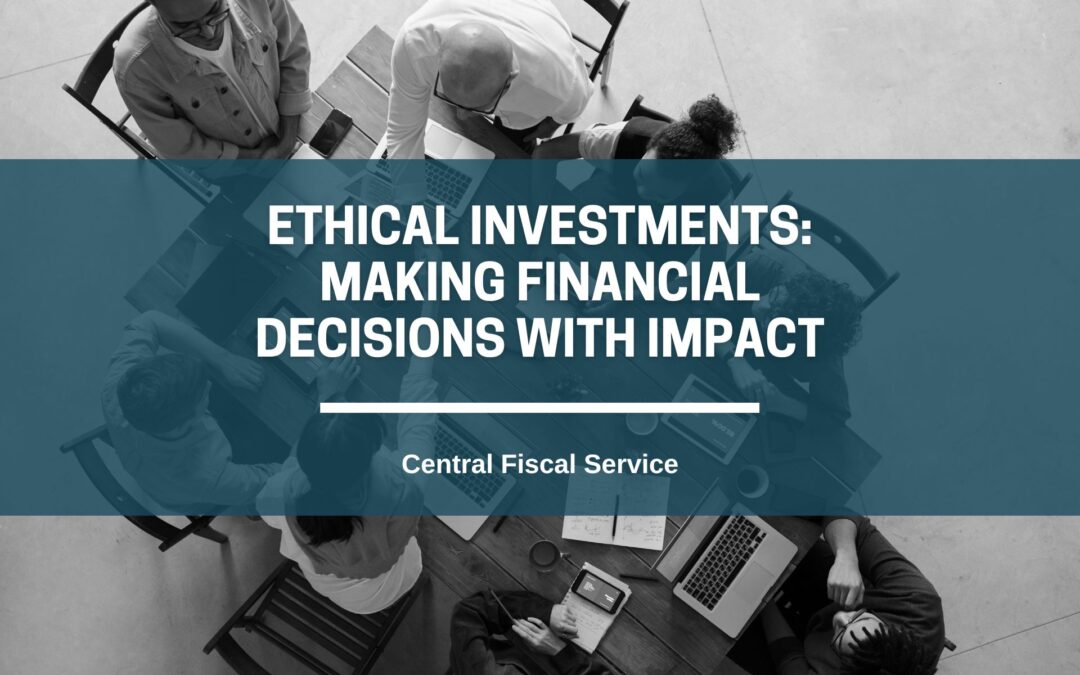In an era where financial choices extend far beyond profit margins, ethical investing has emerged as a pivotal strategy for those seeking to align their investment dollars with personal values. Ethical investing goes beyond the traditional bottom line, intertwining financial returns with social and environmental impact. This investment approach, often synonymous with terms like sustainable, socially responsible, or ESG investing, is gaining momentum in diverse sectors.
Diverse as it is, ethical investing encompasses various strategies such as sustainable, socially responsible, green, impact, and ESG investing. While the labels may differ, the underlying principle remains consistent—investing with the intention of fostering positive change. The methods employed in ethical investing can vary; some focus solely on positive-impact investments, while others adopt a dual approach, excluding negative-impact investments. The terminology may be fluid, but the intent remains steadfast: to make intentional investment choices that resonate with individual ethical codes.
One critical aspect of ethical investing involves understanding the methodologies employed by funds or advisors in selecting specific investments. Some portfolios may claim to be sustainable or socially responsible by merely excluding investments in certain industries without actively including assets that contribute positively to sustainability. Thus, it becomes essential for investors to delve into the nuances of each investment vehicle, ensuring alignment with their desired impact.
Environmental, social, and corporate governance (ESG) factors often play a crucial role in grading specific investments along an ethical curve. For instance, if constructing a portfolio with a social justice focus, investors may prioritize assets with high ESG scores in the social category. This integration of ethical considerations into investment decisions reflects a broader shift towards conscious capitalism.
Conscious capitalism, a term coined by Raj Sisodia and Whole Foods Cofounder John Mackey, centers on four pillars: higher purpose, stakeholder orientation, conscious leadership, and conscious culture. This form of capitalism transcends the sole pursuit of profit maximization, emphasizing the creation of enterprises that contribute positively to society and personal development. As demonstrated by the acquisition of Whole Foods by Amazon, conscious companies can indeed be highly profitable.
The rise of ethical investing is a testament to its resonance with contemporary values. Embedded in ethical decision-making, ethical investments are becoming increasingly prominent, with ESG assets projected to exceed $53 trillion by 2025. Investing with a moral compass not only aligns financial decisions with personal values but also amplifies the positive effects of businesses in society. As we navigate the dynamic landscape of finance, ethical investments stand as a beacon, promoting long-term sustainability through cultural inclusion, gender-based diversification, and ethical business practices. By prioritizing ESG standards, ethical investing not only shapes the future of finance but also contributes to a more sustainable and socially responsible world.

